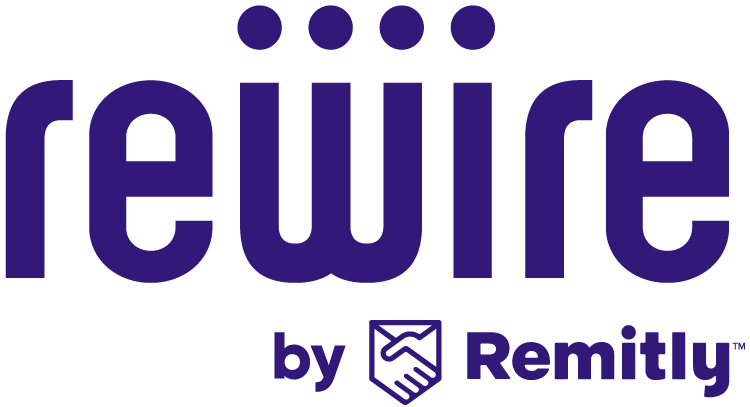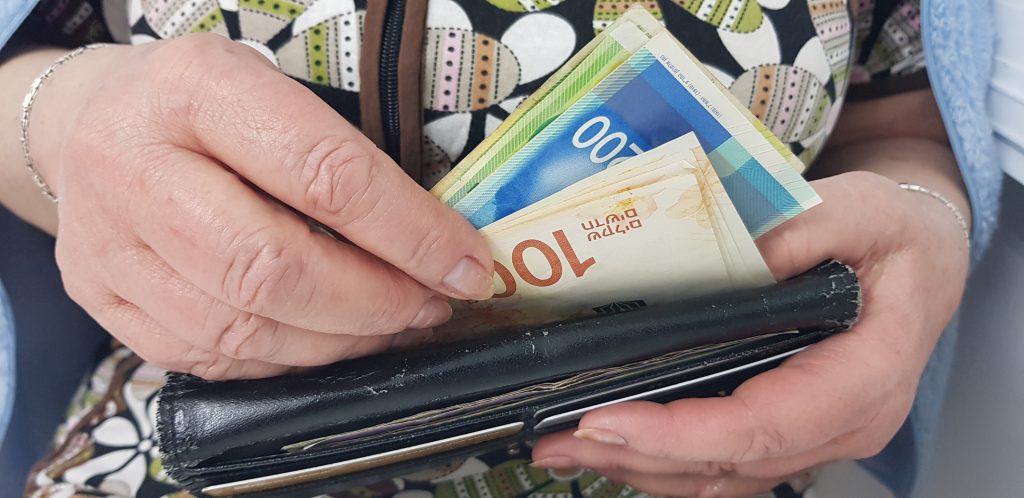One of the challenges many migrants face when managing their finances in a new country is understanding all the different financial terms. While some terms and acronyms might be tricky to remember, it’s important to get a good grasp of the terminology before making any financial commitments. Here, we’ll go over some of the essential financial terms you need to know as a migrant.
Money Transfer
The movement of money from one account to another is known as a money transfer. A money transfer can also be a traditional wire transfer, but money transfers can also be done digitally and instantly online as opposed to through banks.
Wire Transfer
A wire transfer is a process of electronically moving money from one entity to another using a system such as SWIFT. Usually, wire transfers are mainly done through banks or transfer agencies.
Remittance Transfer
A remittance transfer is when one party sends money to a second through an electronic transfer, often overseas. ‘Remittance’ comes from the word ‘remit,’ which means ‘to send back,’ and often refers to money sent back home to family and friends by migrants working in foreign countries.
Exchange Rate
An exchange rate is how one currency is valued compared to another when you want to exchange them. When doing money transfers, it’s important to check what the offered exchange rate is in order to see how much money will arrive to the recipient.
IBAN
IBAN stands for International Bank Account Number and is a standardized number used to identify bank accounts around the world.
SWIFT
SWIFT stands for Society for Worldwide Interbank Financial Telecommunications, which is a global network that provides secure payment transactions between countries. Members of the SWIFT network are assigned a unique code that includes the bank name, country, city, and branch.
BIC
A BIC is a Bank Identifier Code, which is an 8-11 digit code used to identify a bank for international transfers. A BIC differs from a SWIFT code since it’s not an international network but rather just an identifying ID code.
Online Banking
Also called virtual banking, online banking is accessing your banking services and completing transactions online as opposed to physically in a bank or with cash. Paying bills online or transferring money through a mobile device or computer is considered online banking.
Digital Wallet
A digital wallet allows you to store money, complete online or in-person transactions, and track your payment history electronically. Digital wallets are often used with online or mobile banking systems.
Debit Card
A debit card is a card that takes money directly out of a linked checking or savings account for every transaction.
Credit Card
A credit card is issued by a financial institution such as a bank, for example, and allows you to complete transactions on credit without the use of cash. The credit is then paid off at regular intervals or the outstanding balance is subject to interest.
Virtual Credit Card
A virtual credit card functions the same as a regular credit card, but instead of having a physical card in your wallet, you have a digital card stored on your smartphone or virtual wallet.
Contactless Credit Card
A contactless credit card uses chip technology so that you don’t need to swipe a card and the merchant doesn’t need to manually input the card number, but rather a chip is tapped on a card reader to complete a contactless transaction.
Final Word
While there are tons of other financial terms that are helpful to know, these ones will help you out when you’re trying to set up accounts and transfers in a new country. As a migrant, educating yourself on the most commonly used financial terms is an important step in learning how to manage your money abroad.










